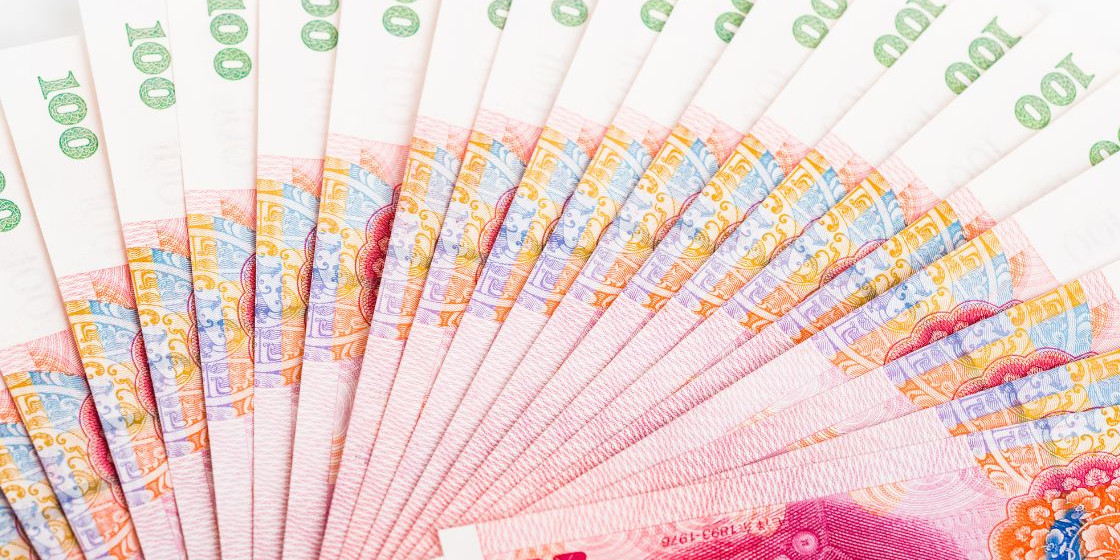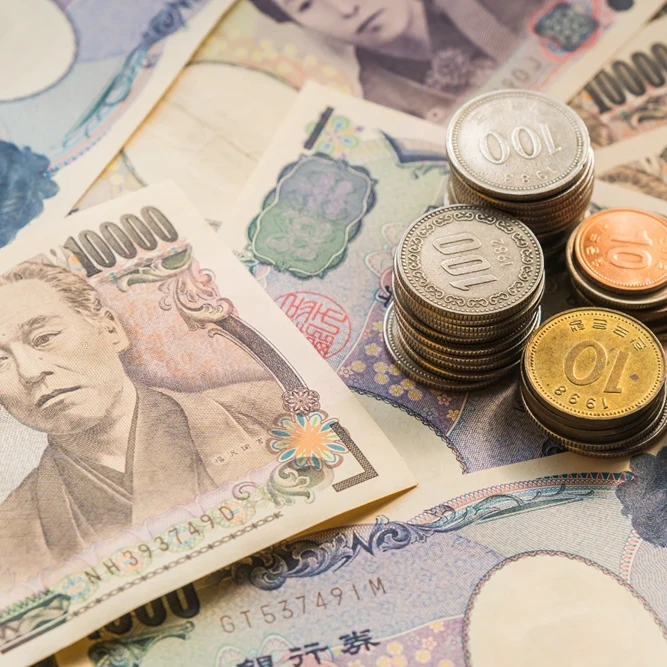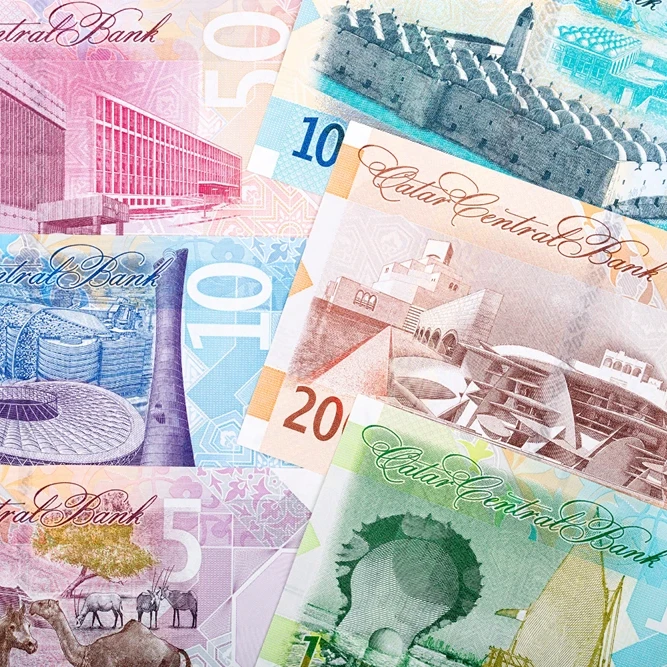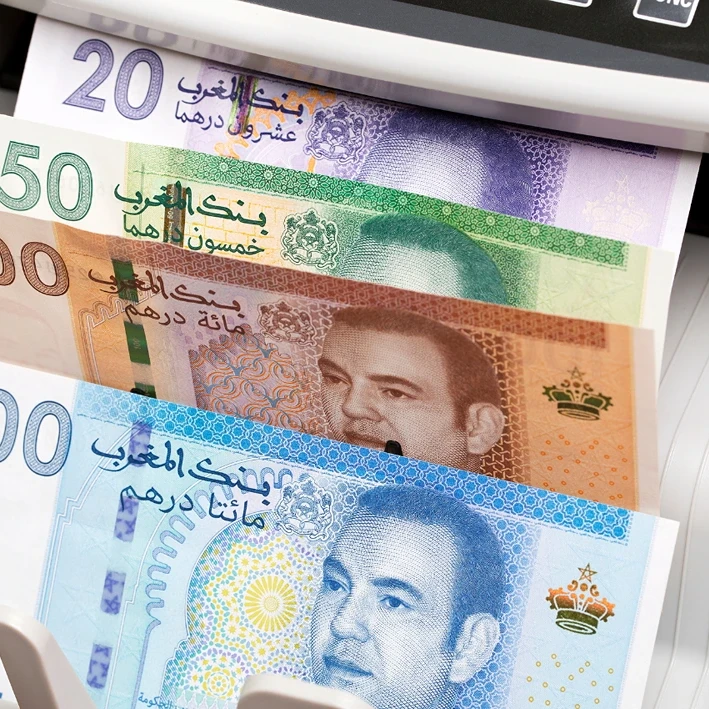Are you prepared for China’s cashless financial landscape? As the world’s second-largest economy, its importance can’t be overstated, yet many expatriates and tourists find themselves bewildered by a currency they thought they understood. With the current exchange rate standing at approximately 1 USD to 6.5 RMB, comprehending these numbers is crucial. Surprises await those unprepared for China’s digital payment norm—a society where cash transactions are nearly obsolete. This article will unravel essential tips on mastering money management in China, exploring everything from the basics of RMB value and currency conversion, to embracing the completely cashless world you’ll encounter.
Table of Contents
ToggleUnderstanding Chinese Currency and Exchange Rates
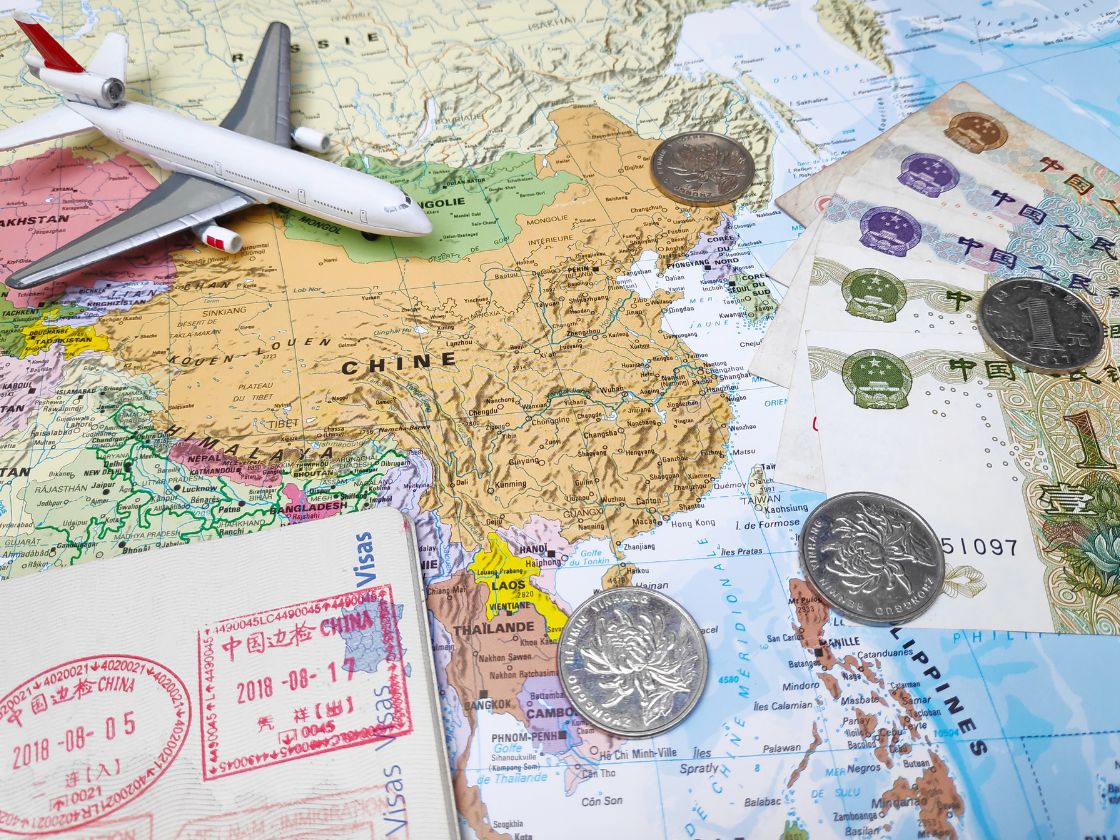
The Chinese currency, known as the Renminbi (RMB), plays a central role in financial planning for anyone visiting or relocating to China. The exchange rate is approximately 1 USD to 6.5 RMB, and this conversion is crucial for budgeting and cost estimations. Knowing the RMB value relative to the USD allows travelers and expatriates to better manage their finances and anticipate expenses. With China’s robust economy and digital transformation, financial transactions have largely shifted to cashless methods, making understanding currency conversion even more pertinent.
- Set up mobile payment apps like WeChat Pay and Alipay before arrival.
- Link a local bank account to access seamless transactions.
- Keep some cash on hand for small vendors or emergencies.
- Monitor exchange rates frequently to optimize currency conversion.
- Use secure networks when accessing financial information online.
For tourists and expatriates, exchange rates significantly impact the cost of living and traveling in China. A favorable exchange rate can make a substantial difference in expenses, such as accommodation, dining, and entertainment. As China is predominantly a cashless society, most transactions are conducted via digital payment methods. This shift necessitates preparing for a digital financial environment, ensuring that all monetary transactions are secure and efficient. Understanding these dynamics not only aids in budgeting but also enriches the overall experience of living or traveling within China.
Accommodation Costs in China
Accommodation in China presents a spectrum of options, with affordability being a notable feature, especially for those on a mid-range budget. A key factor in this economic advantage is the extensive range of accommodations available, from budget hostels to mid-tier hotels, which cater to diverse needs without breaking the bank. The cost of living in China is generally lower than in many Western countries, making it an attractive destination for expatriates. Location significantly influences accommodation prices, with urban centers demanding higher rates compared to smaller towns. Additionally, the ability of staff to communicate in English can impact the pricing, with accommodations that offer English-speaking assistance often charging more.
Living Expenses in Major Cities
Beijing and Shanghai stand out as the most prominent metropolitan areas in China, each offering a distinct living experience. While these cities are the economic powerhouses of the country, they still boast a relatively lower cost of living compared to Western urban centers. In Beijing and Shanghai, accommodation prices can vary widely based on proximity to central business districts and tourist attractions. Staying in central locations generally costs more, yet provides ease of access to amenities and attractions. Language capabilities of staff play a role in accommodation costs here as well, with establishments offering multilingual services often commanding higher rates. Despite the potential for increased expenses in these major cities, the overall cost remains competitive, allowing expatriates and travelers to enjoy a comfortable lifestyle at a fraction of the cost in many Western cities.
Transportation Expenses Across China
China’s transportation network is renowned for its efficiency and convenience, offering a variety of options that cater to different budgets and preferences. The country’s expansive infrastructure includes high-speed trains, metros, buses, and domestic flights, allowing for seamless travel across its vast landscapes. High-speed trains, in particular, are a highlight due to their speed and comfort, connecting major cities swiftly and at a reasonable cost. Metro systems in cities like Beijing and Shanghai are extensive and user-friendly, making them ideal for daily commuting. Buses are another economical choice, with fares ranging from RMB 1 to 3 per trip, providing an affordable means to navigate urban areas.
| Mode of Transport | Cost Estimate (RMB) |
|---|---|
| High-speed train | 200 – 800 |
| Metro | 3 – 10 |
| Bus | 1 – 3 |
| Domestic Flight | 500 – 1,500 |
Public transportation in China is not only affordable but also highly efficient, with extensive coverage enhancing the travel experience. High-speed trains, for instance, offer a significant cost advantage over domestic flights, especially when considering the added expenses of airport transfers and potential delays. The cost of a second-class seat on a high-speed train is generally lower than an economy class flight ticket, making it a preferred choice for budget-conscious travelers. Furthermore, the convenience of city-center train stations eliminates the need for lengthy commutes to airports, saving both time and money.
Planning a travel budget for China involves understanding these transportation options and their associated costs. By choosing the right mode of transport, travelers can optimize their expenditures while enjoying the country’s diverse destinations. The combination of affordability and accessibility makes China’s transportation system a pivotal component of travel planning, ensuring a cost-effective and enjoyable journey.
Dining and Food Costs in China

Street food in China is not only a cultural staple but also an economical dining choice. On a daily budget of around $10, travelers can indulge in a variety of local delicacies without straining their finances. Popular street food items such as noodles or dumplings typically cost about 20 RMB, a little over $2, making them affordable options for budget-conscious visitors. The widespread availability and low prices of street food contribute to its popularity among both locals and tourists. For those who prefer dining out in restaurants, costs can vary, but even modest eateries offer meals at reasonable prices, ensuring a diverse gastronomic experience.
Cooking at home presents another cost-effective option, especially for expatriates settling in China. Daily grocery expenses range from RMB 20 to 40, allowing for the preparation of nutritious meals without excessive spending. Local markets and supermarkets offer an array of fresh produce and ingredients, making home cooking both convenient and economical. This balance of dining out and home cooking allows individuals to enjoy the culinary richness of China while managing their food budget effectively.
- Explore local markets for fresh produce and ingredients at lower prices.
- Eat where the locals go to ensure authentic and affordable meals.
- Utilize food delivery apps, which often offer discounts and promotions.
- Opt for set meals or lunch specials during the day for better value.
- Cook in bulk to save on time and reduce daily grocery expenses.
These strategies can help manage dining costs while enhancing the culinary experience in China. Whether savoring street food or preparing meals at home, understanding the economic landscape of food in China is essential for maintaining a balanced budget.
Managing Miscellaneous and Daily Expenses
Utility expenses in China are relatively affordable, with costs varying depending on the city and lifestyle choices. Electricity, water, and gas bills typically range from RMB 200 to 500 monthly for an average household. Internet services require particular attention due to China’s unique internet environment; a VPN is essential for accessing many international websites. A standard broadband connection costs about RMB 100 to 200 per month, while a prepaid sim card for mobile services is priced around RMB 100 monthly. This sim card expense ensures connectivity and access to mobile networks, crucial for daily communication.
Shopping prices in China are generally reasonable, especially for everyday items. Local markets and stores offer a wide array of products at competitive prices, making it easy to maintain a cost-effective lifestyle. Whether purchasing groceries or household goods, shoppers can find bargains that fit various budgets. Understanding these costs and planning accordingly can significantly ease the financial management of living in China.
- Buy in bulk to take advantage of discounts and reduce frequent shopping trips.
- Use public transportation cards to save on travel expenses.
- Choose local brands over imported ones to minimize costs.
- Track utility usage to avoid unnecessary consumption and high bills.
- Leverage digital marketplaces for price comparisons and deals.
These strategies are instrumental in managing and reducing miscellaneous expenses. By being mindful of utility usage and exploring cost-effective shopping avenues, residents can keep their daily expenses in check. Understanding the local market dynamics and employing smart financial practices contributes to a smoother and more affordable living experience in China.
Entertainment and Leisure Costs in China
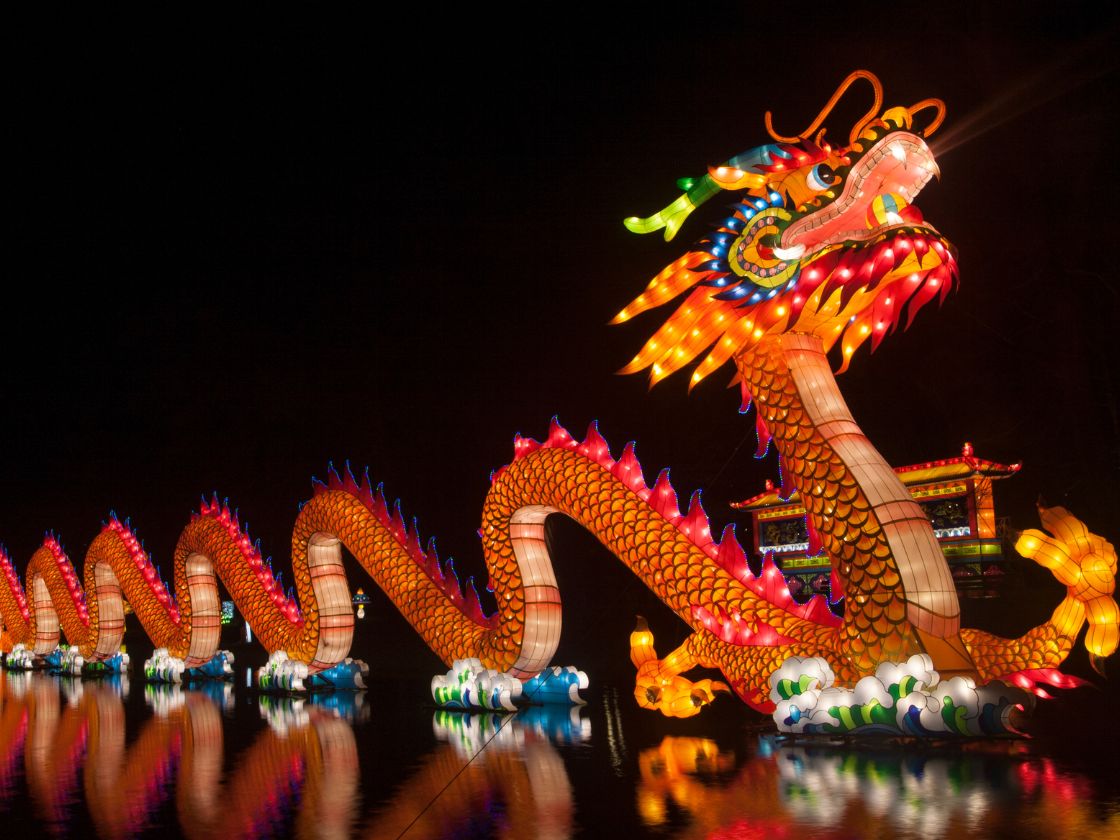
China’s rich cultural heritage and diverse landscapes make it a prime destination for tourists seeking memorable entertainment experiences. Major attractions such as the Great Wall of China, the Terracotta Warriors in Xi’an, and the Forbidden City in Beijing are not only historically significant but also reasonably priced, with entrance fees generally ranging from RMB 40 to 200. These renowned sites offer a glimpse into China’s imperial past and are must-see stops for any visitor. Dining costs can also play a role in entertainment budgets, as enjoying local cuisine is an integral part of experiencing Chinese culture. While dining out, especially in tourist-heavy areas, can be more expensive, the unique flavors and culinary traditions offer an adventure of their own.
- Explore public parks and gardens, often free or with minimal entry fees.
- Attend local festivals and cultural events, which frequently offer free admission.
- Visit museums on designated free-entry days.
- Participate in guided walking tours, which are sometimes complimentary or tip-based.
To maximize enjoyment while minimizing expenses, travelers can opt for budget-friendly activities that highlight China’s vibrant culture and history. Exploring public parks, attending free cultural events, and visiting museums on free-entry days can provide enriching experiences without the hefty price tag. Additionally, many cities offer guided walking tours that allow visitors to discover local highlights with insights from knowledgeable guides. By choosing these cost-effective leisure options, tourists can experience the best of China within a manageable budget.
Final Words
Exploring the landscape of money and costs in China reveals diverse facets of daily life, from understanding Chinese currency and exchange rates to managing expenses for accommodations, transportation, and dining. The importance of knowing the RMB to USD exchange rate is evident for financial planning, while China’s cashless society requires familiarity with digital payments.
Accommodations remain affordable, particularly within major cities like Beijing and Shanghai. Efficient transportation options, including high-speed trains, offer cost-effective travel solutions. Dining options range from budget-friendly street food to more substantial meals at reasonable prices.
By keeping these insights in mind, expatriates and travelers can effectively plan their budgets, ensuring a financially sound experience in China.
FAQ
Money and costs for China per month
A typical monthly budget in China ranges from 3,000 to 8,000 RMB, depending on lifestyle and location.
7 day trip to China cost
A 7-day trip to China can cost around $1,200 to $2,500 USD, including airfare, accommodation, meals, and sightseeing.
Living cost in China per month
Monthly living costs in China vary widely, often between 3,500 to 10,000 RMB based on city and lifestyle.
Cost of living in China for single person
A single person might spend approximately 4,000 to 6,000 RMB per month in China, depending on the city and personal habits.
Cost of food in China per month
Monthly food expenses in China average about 1,000 to 2,000 RMB, depending heavily on dietary preferences and dining choices.
Cost of living in China in Yuan
Living costs in China, often expressed in Yuan, can range from 3,000 to 12,000 RMB monthly, varying by city.
How much is rent in China in USD
Rent in China varies by city, generally ranging from $300 to $1,000 USD for standard apartments in major urban areas.
How much is a trip to China from USA
A trip to China from the USA typically costs $1,000 to $1,500 USD for round-trip airfare, depending on the season.
How much spending money for China?
Spending money needed in China is often about $50 to $100 USD per day for meals, transport, and small purchases.
How much is a gallon of milk in China?
A gallon of milk in China costs approximately 60 to 70 RMB, which translates to $9 to $11 USD.
How expensive is China?
China’s costliness varies; urban centers like Shanghai and Beijing can be expensive, while smaller cities offer lower living costs.
How much is 1 meal in China?
Meals in China vary in cost, with street food meals around 20 RMB and dining at mid-range restaurants around 50 to 100 RMB.
Hazel Wall is a passionate traveler, writer, and explorer dedicated to sharing her experiences and insights with fellow adventurers. With a background in journalism and a deep love for discovering new cultures, Hazel has journeyed across continents, immersing herself in diverse landscapes and traditions.


